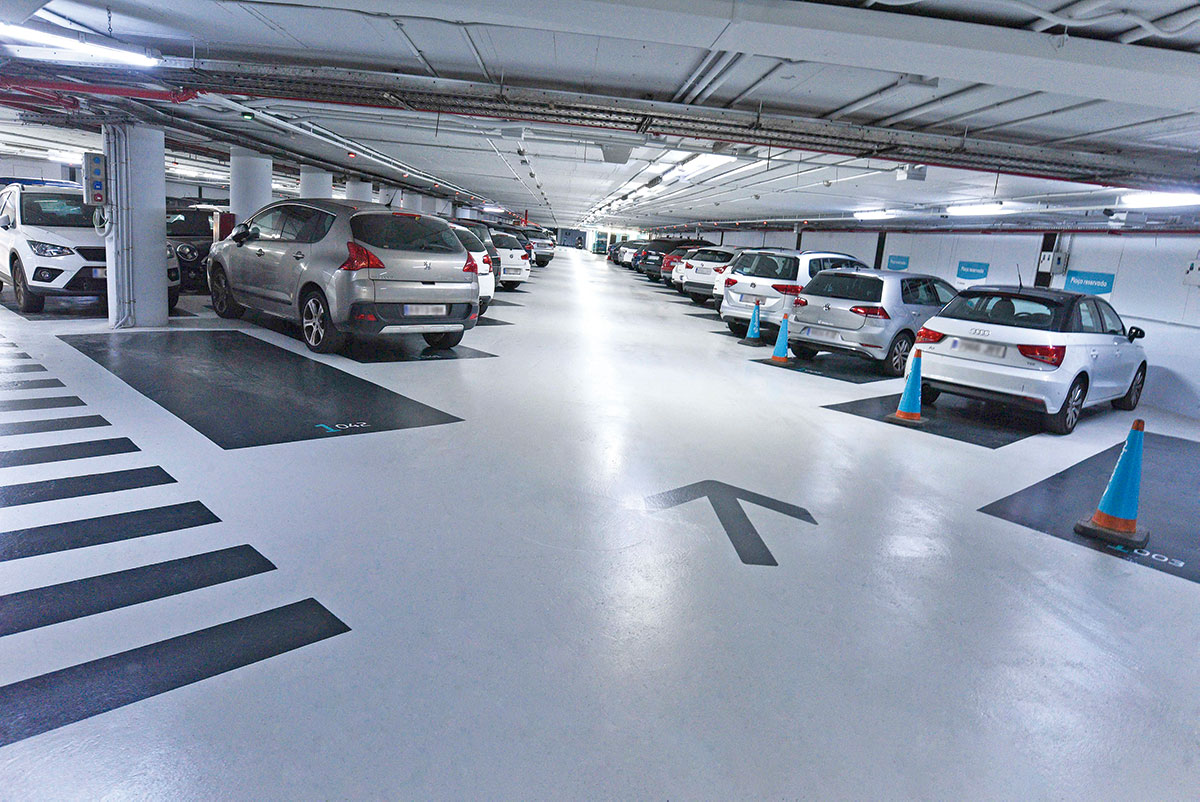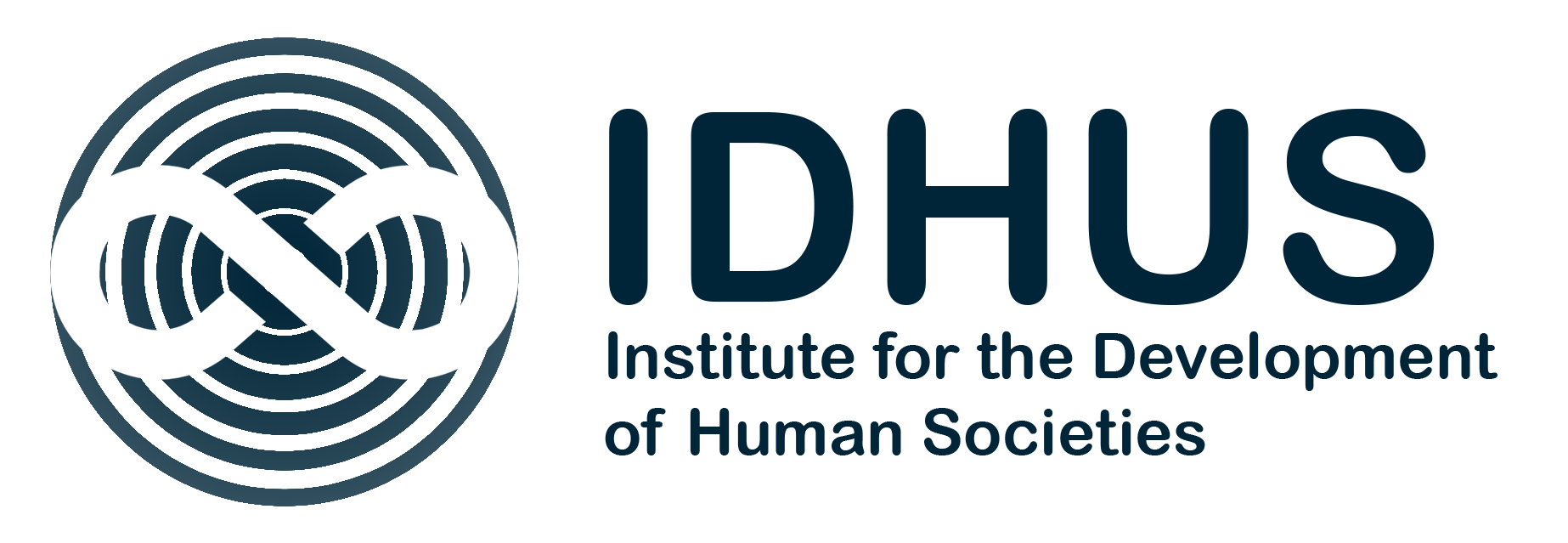As cities grapple with the pressures of urbanization, congestion, and climate change, traditional infrastructure is being reimagined to meet evolving societal needs. One such transformation is underway in Paris, where parking facilities are being converted into multifunctional urban service hubs. This article explores the pioneering project led by Indigo and Corsalis, highlighting how artificial intelligence (AI) can enhance efficiency, sustainability, and urban mobility. The case of the Foch parking lot illustrates a broader shift toward intelligent, adaptive infrastructure in the era of smart cities

Parking infrastructure in major metropolitan areas is undergoing a profound transformation, evolving from static storage spaces for vehicles into dynamic, multifunctional urban service hubs. One of the most illustrative examples of this shift is the initiative led by Indigo, a global leader in parking and mobility solutions, in collaboration with Corsalis, a logistics and spatial planning specialist. Together, they are pioneering a new model of hybrid parking infrastructure, with the flagship project taking shape at the Foch parking facility in Paris, strategically located between Place de l’Étoile and Avenue Malakoff.
Originally constructed in 1967, the Foch parking lot spans an underground space of impressive dimensions—10 meters high, 30 meters wide, and 500 meters long—housing over 2,000 parking spaces. This large-scale facility is now being reimagined as a high-efficiency, multi-service urban node. The vision underpinning the project is not merely architectural or logistical; it represents a shift in how urban space is managed, accessed, and integrated into broader strategies for sustainable mobility, smart city planning, and digital transformation.
At the core of the redevelopment is the integration of an Urban Logistics Space (ULS), covering 12,000 square meters, designated for last-mile delivery operations. This function is increasingly crucial in the age of e-commerce and real-time distribution, where the capacity to efficiently manage high volumes of deliveries within densely populated urban centers determines the success of urban logistics systems. Additional components include a dedicated bus terminal for tourist coaches to optimize passenger flow management, and a 200-space Cyclopark designed to encourage the use of bicycles and soft mobility solutions.
This project aligns with the broader ambitions of sustainable urban mobility by encouraging modal shifts away from personal vehicles and facilitating greener delivery methods. However, it is through the integration of artificial intelligence (AI) technologies that the full potential of such a transformation can be realized. AI has the capacity to enhance operational efficiency, automate decision-making, and generate predictive insights that can fundamentally change how urban parking infrastructure functions.
In the context of the Foch parking hub, AI could play a pivotal role in optimizing space utilization in real time by analyzing patterns of vehicle inflow and outflow, occupancy rates, and multimodal usage. Machine learning algorithms could dynamically allocate zones for delivery trucks, electric vans, or bicycles based on fluctuating demand, weather conditions, and traffic congestion levels. Moreover, AI-powered logistics systems could coordinate last-mile delivery schedules with unprecedented precision, reducing idle time, emissions, and delivery costs while improving customer satisfaction.
Computer vision systems and AI-enabled surveillance could also enhance safety, security, and compliance within the facility. For instance, anomaly detection algorithms could alert operators to unauthorized access, abandoned parcels, or safety hazards, ensuring that the site remains not only functional but secure and resilient. Furthermore, the use of AI in managing energy systems—through smart grids and demand-response algorithms—could minimize energy consumption across electric vehicle charging stations, lighting systems, and ventilation infrastructure, reinforcing the environmental sustainability of the hub.
From a governance and urban planning perspective, AI can also facilitate better decision-making through data analytics. By aggregating usage data across multiple smart hubs like Foch, city planners can identify systemic inefficiencies, design more equitable access to transportation infrastructure, and simulate future scenarios for urban growth, environmental impact, or crisis response. The integration of AI into these parking-transit-logistics ecosystems transforms them into active components of the smart city, capable of adapting to the needs of citizens and logistics networks in real time.
The partnership between Indigo and Corsalis is therefore emblematic of a broader evolution in how cities respond to complex mobility challenges. Their initiative reflects an understanding that urban infrastructure must be flexible, integrated, and intelligent. As urban populations continue to grow and the demands on logistics and transport systems intensify, such adaptive models of infrastructure, augmented by AI capabilities, will become not only advantageous but essential.
The transformation of the Foch parking lot is more than a redevelopment project—it is a template for future urban hubs that converge transportation, logistics, sustainability, and digital intelligence. By harnessing the power of AI and strategic urban planning, cities can transition toward more efficient, sustainable, and human-centered environments, redefining the very role of parking infrastructure in the 21st century.
